|
Two of the members of the cluster, Knowledge, Innovation and Strategies Management Club (KISMC) and Euro-perspectives Foundation, implement projects directly resulting from the 2030 Agenda Sustainable Development Goals (SDGs) of the United Nations. Both projects are related to the role and positive impact that business, entrepreneurship and education can play in the fight against climate change and to preserve biodiversity. Over the past 50 years, the world has been transformed by an explosion in global trade, consumption, population growth and mass urbanization. This has come at a huge cost to nature and the stability of the ecosystems that sustain us. Climate change poses serious risks to ecosystems, human health and the economy. Data from the United Nations Environment Program as of 2019 show that over the past 40 years, the global availability of natural capital per person has declined by 40%, wildlife populations have declined by 60%, while manufactured capital has doubled, and human capital increased by 13%. Can these trends be reversed? The EU Biodiversity Strategy for 2030 aims to ensure the rightful place of nature in our lives, including our business activities. The strategy is an integral part of the UN Sustainable Development Goals (SDGs). What are the two projects we are presenting? The first project, in which KISMC is involved, is Collective Innovation to Fight Climate Change, a project financed by the Erasmus+ Program, which has set itself the task of developing a package of tools to help entrepreneurs to become agents of change in their business in terms of climate change. Through knowledge and skills for innovative thinking and application of open innovation in doing business in the field of the green economy, they would make a serious contribution to reducing the negative impact on the environment. In addition to social ("green") entrepreneurs, the results of this project are also aimed at mentors and teachers of green entrepreneurship, thus enriching their arsenal of knowledge, good practices and training techniques. What are the expected results from this project?
The second project, in which Euro-perspectives participates, is Biodiversity and Climate Change Community Champions and is also financed under the Erasmus+ Program. The project develops innovative means of continuous education for those representatives of the business community who can become leaders ("champions") in the fight against climate change and biodiversity, contributing to the achievement of 6 of the 17 Sustainable Development Goals (SDGs). The project aims to provide the local community, social entrepreneurship, business and volunteers with skills and knowledge to implement activities and initiatives as a countermeasure to climate change and biodiversity. Different models are possible to reverse the negative trends, all of which require the combined efforts of national and local authorities, producers and consumers. The models that will be developed/presented will be linked to the specific UN Sustainable Development Goals (SDGs) and more specifically to the following goals:
|
KISMC TeamBlog post by our team, innovation contributors, VIP members, blog guests, etc. Archives
January 2024
Categories
All
|
|
The Knowledge, Innovation and Strategies Management Club is a non-profit organisation set up in Sofia, Bulgaria in 2012 to foster knowledge and innovation management across South East Europe. KISMC is supporting the development of the innovation ecosystem in the region by bridging the gap between education, research and business.
|
© COPYRIGHT 2013- 2021. KISMC. ALL RIGHTS RESERVED.
|


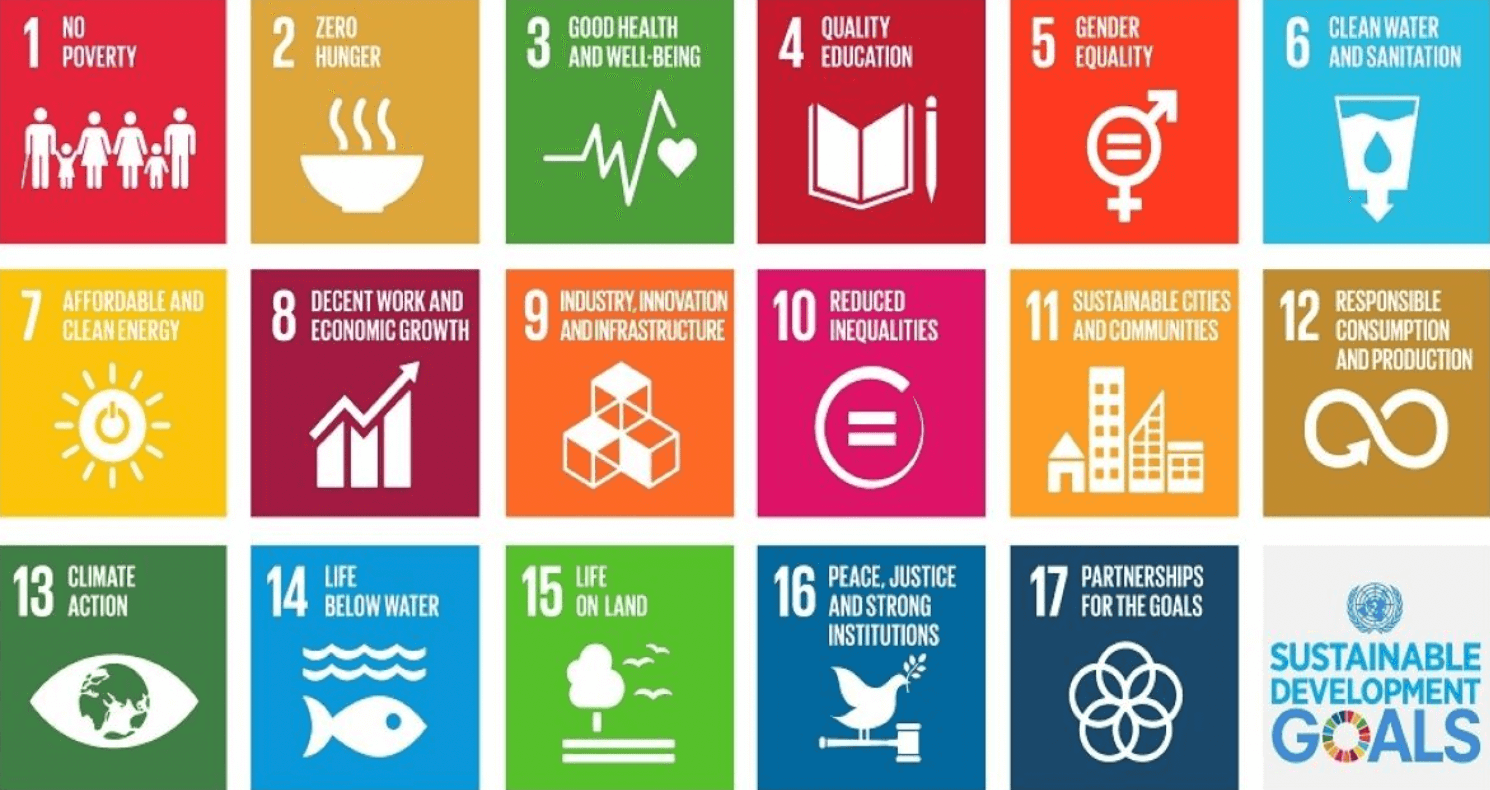





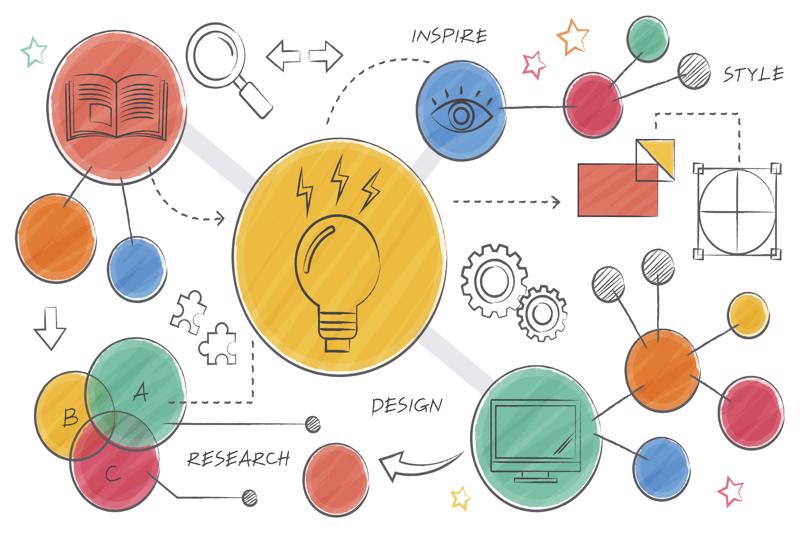
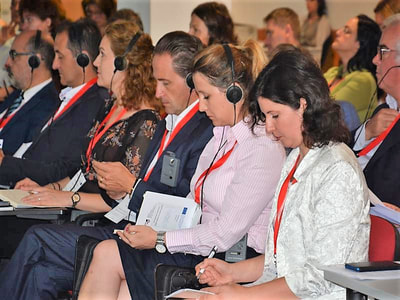
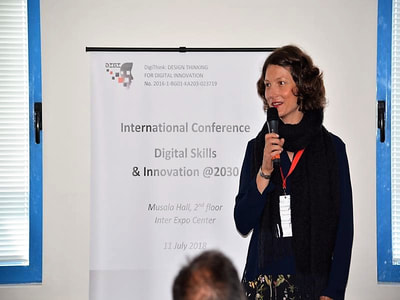
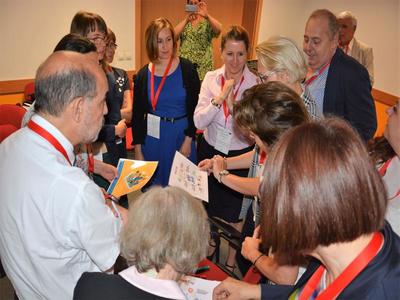
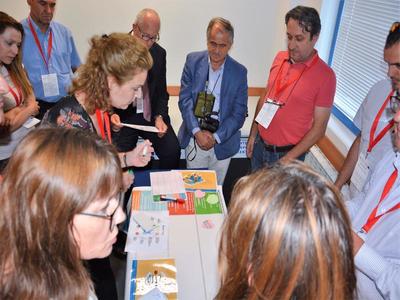
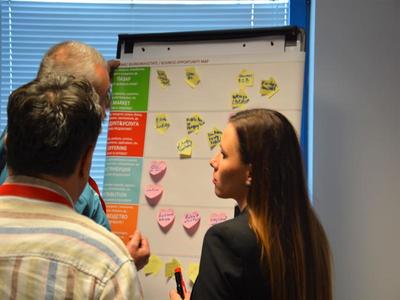
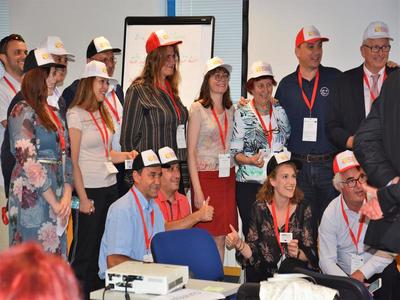
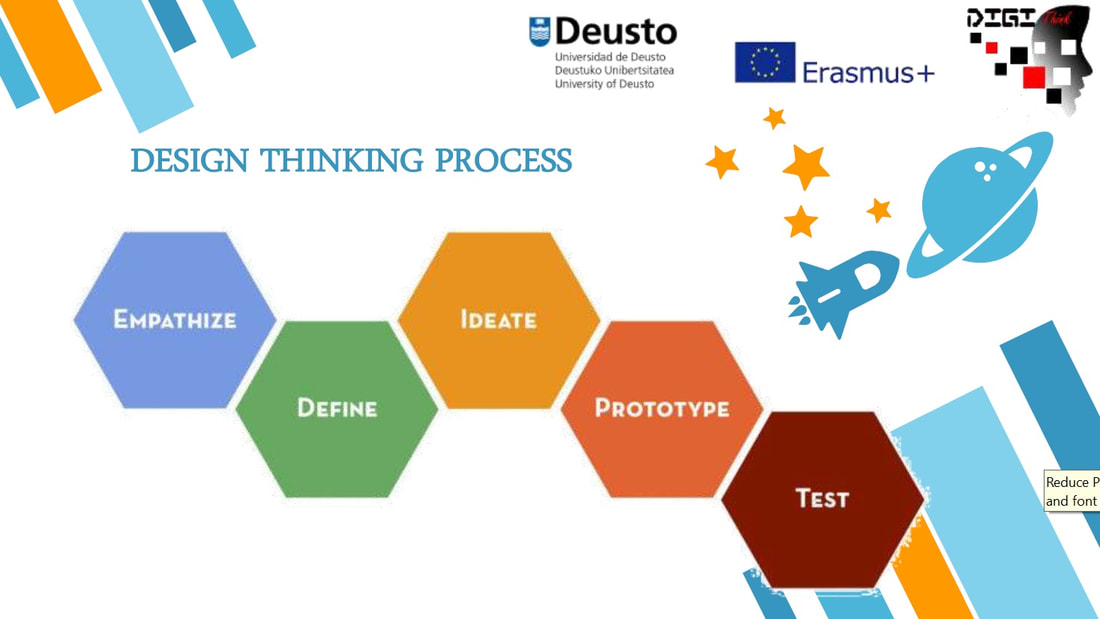
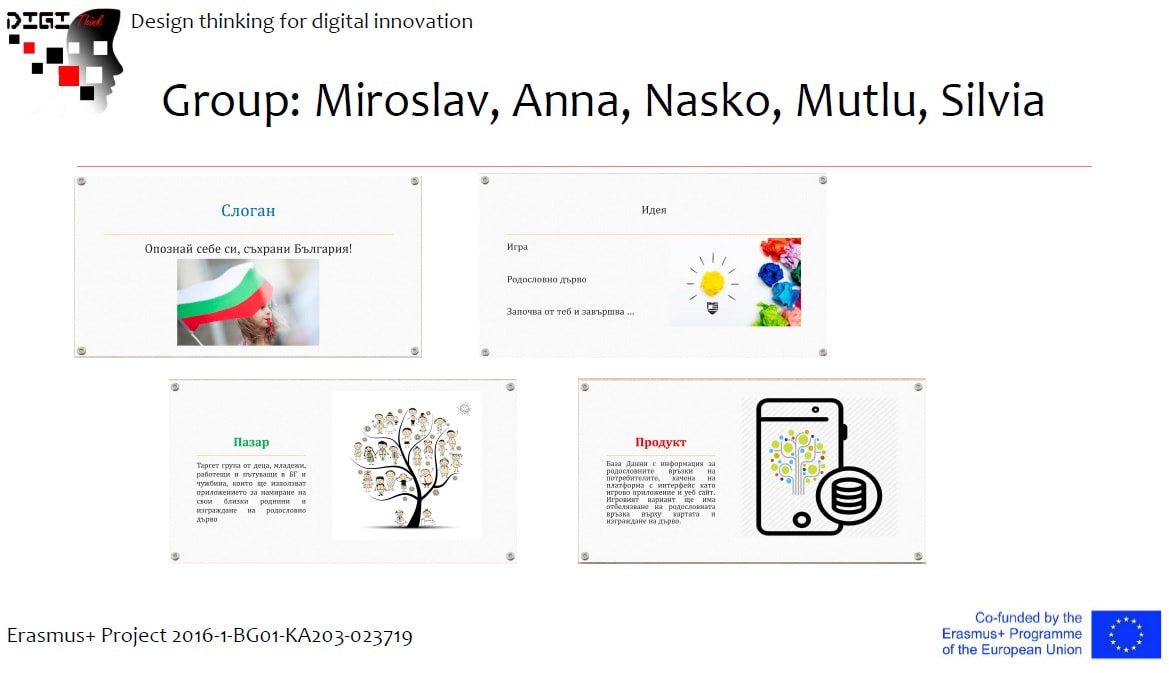
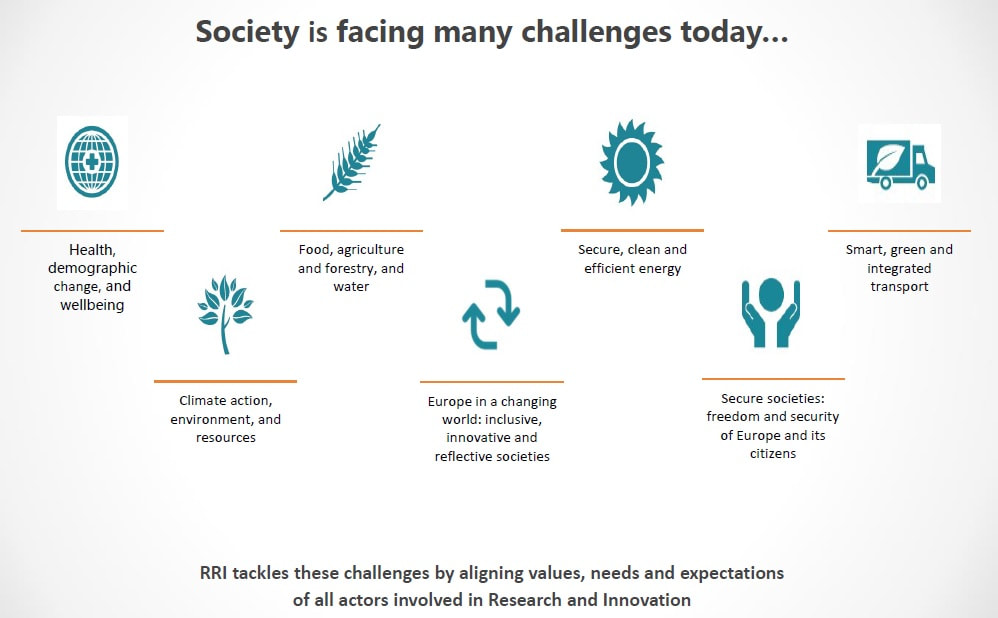
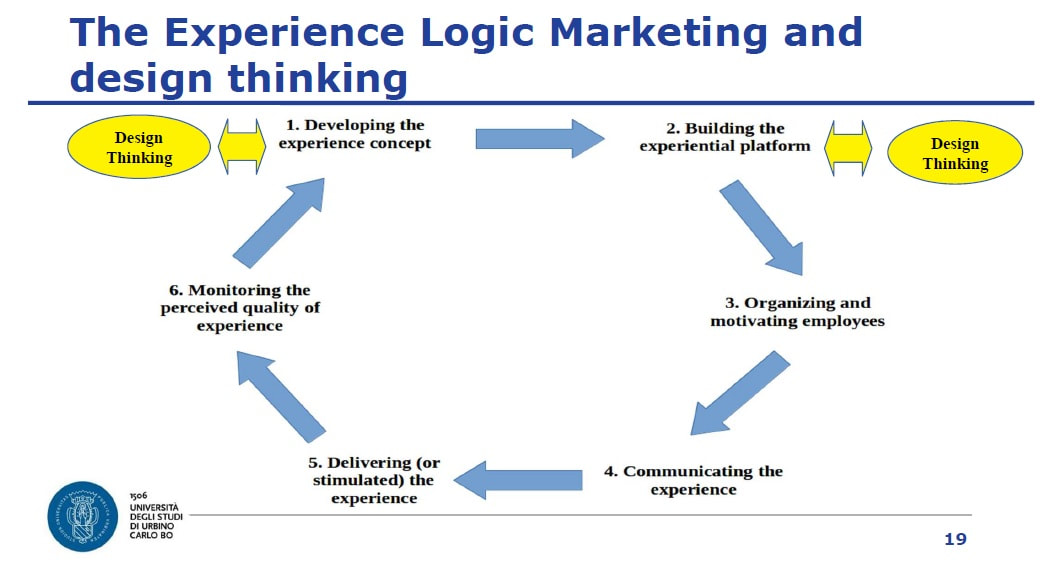
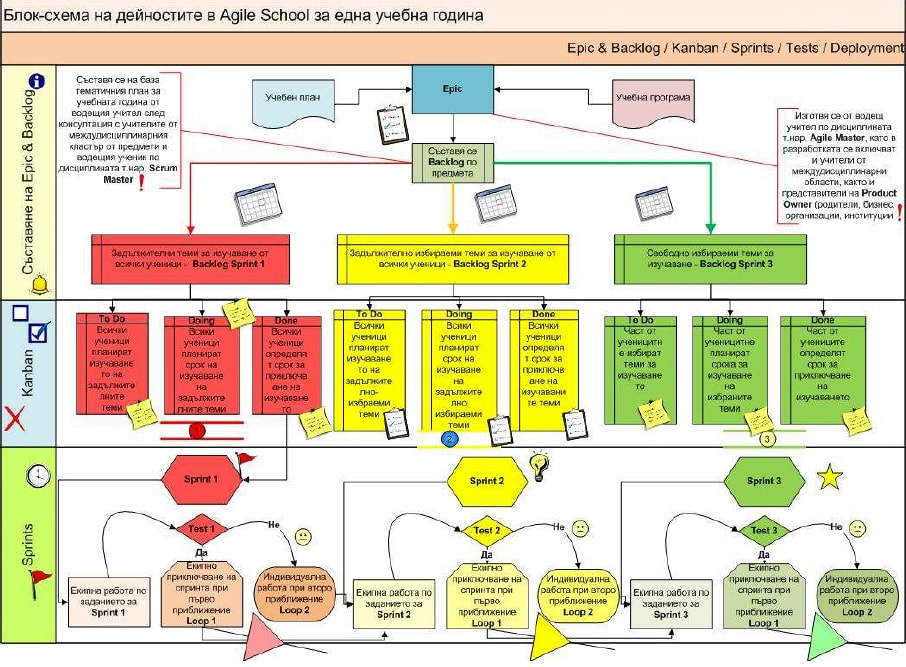
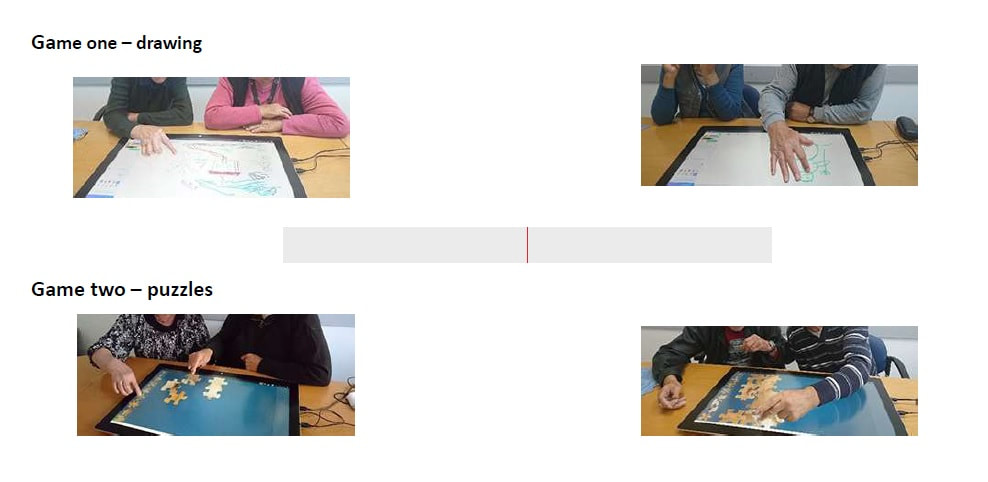
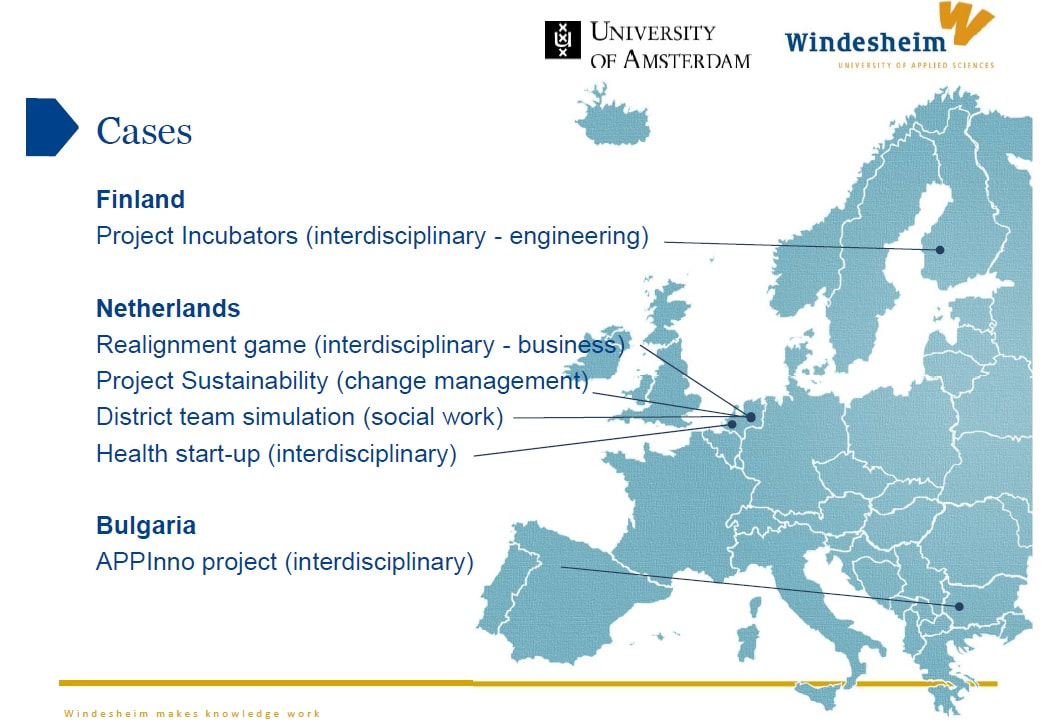
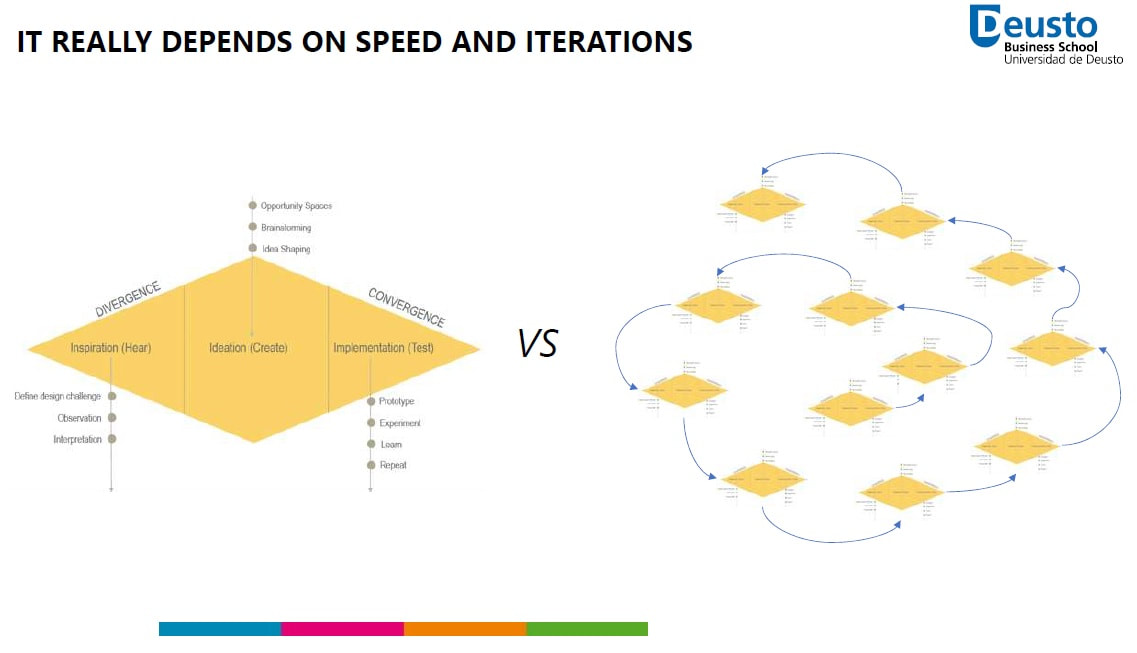
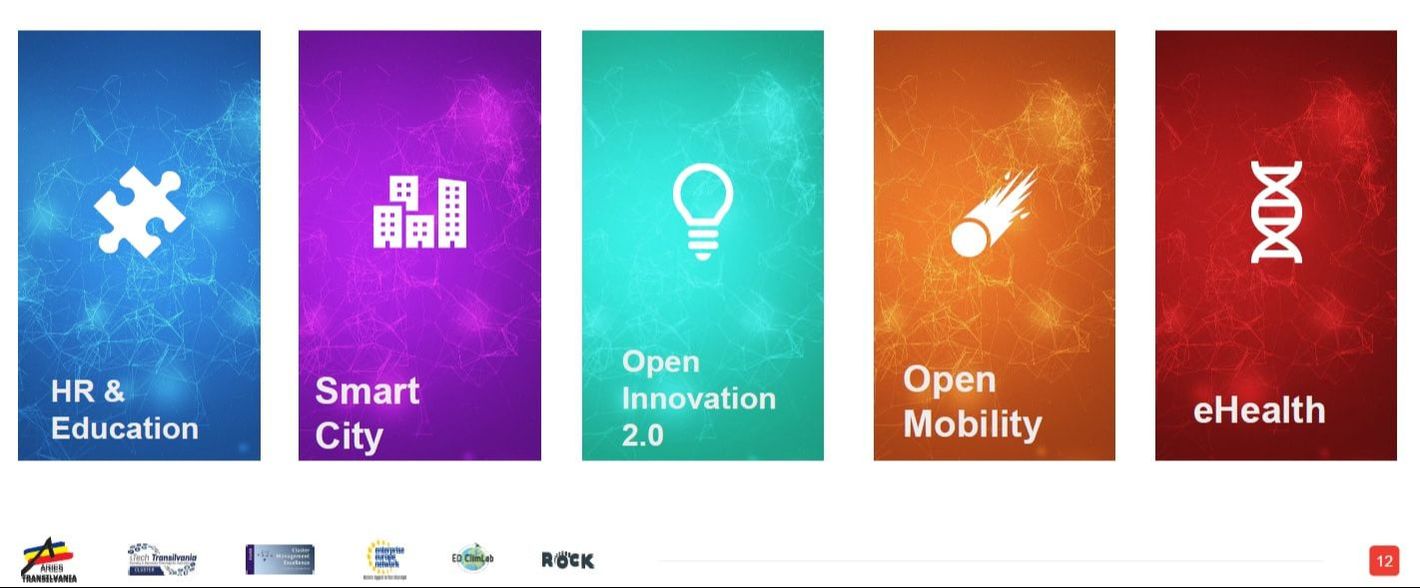
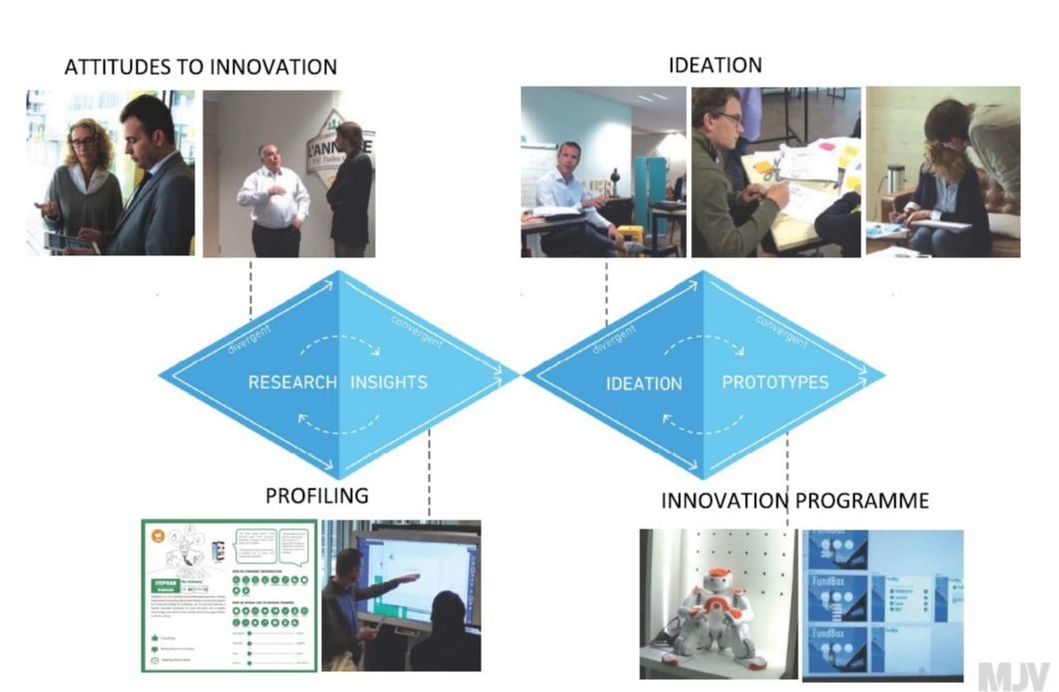
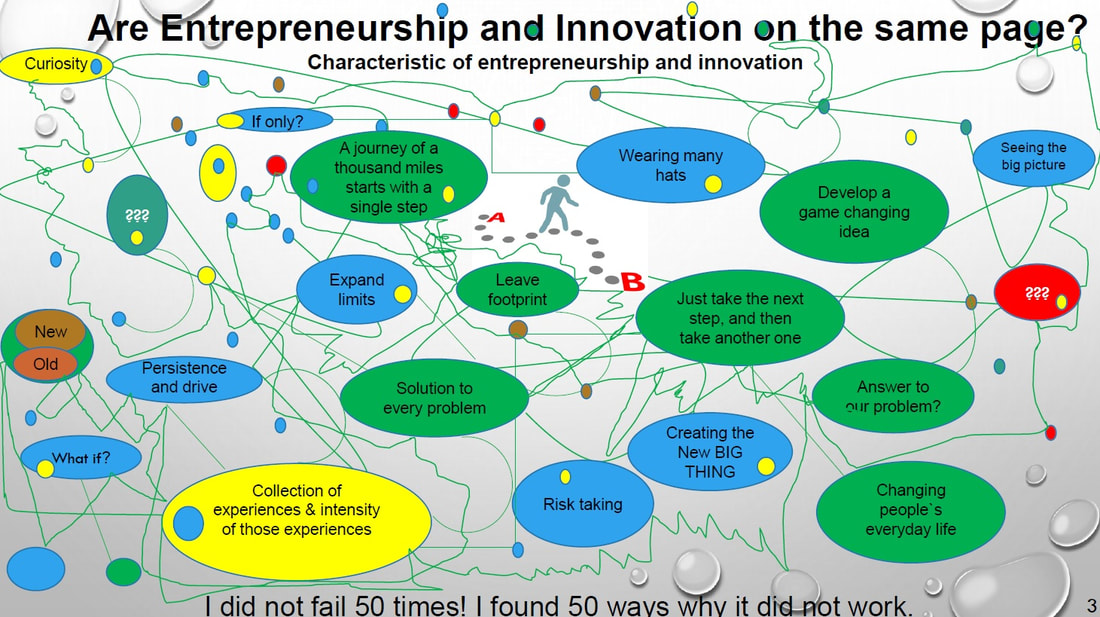
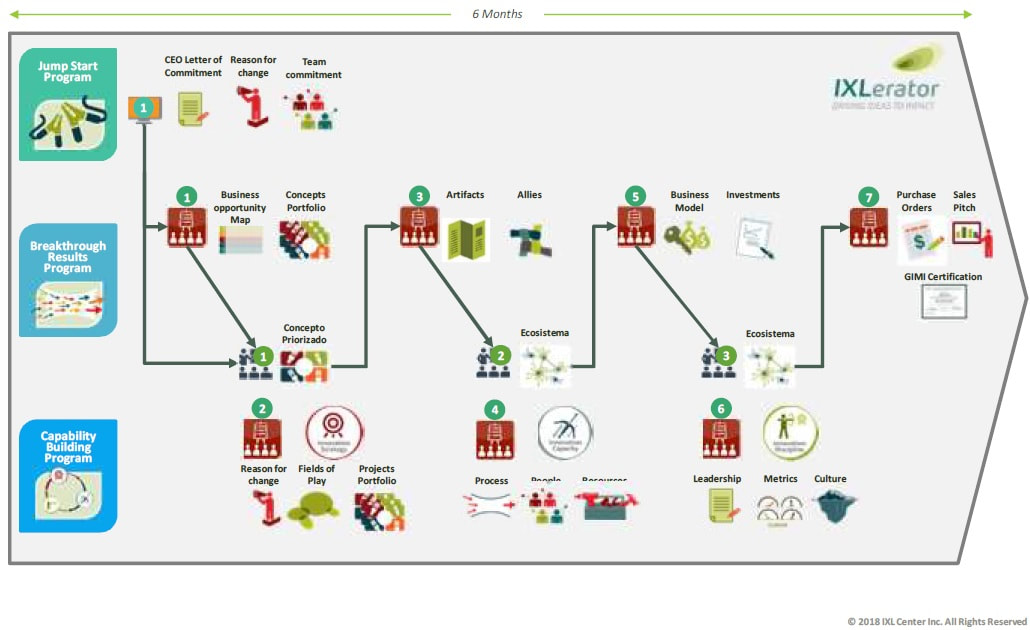
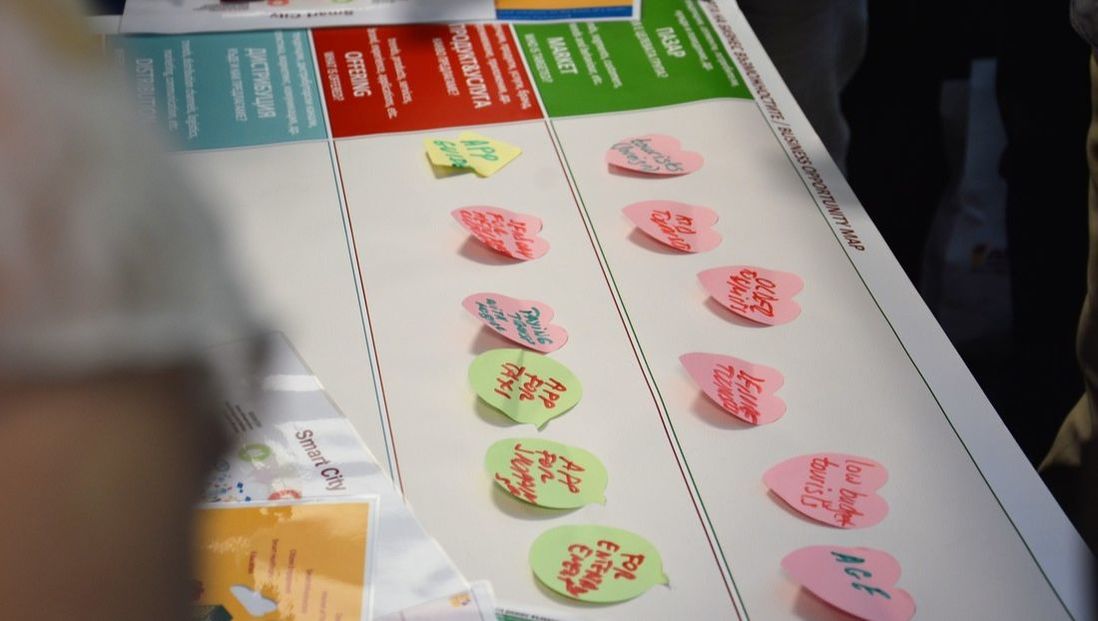





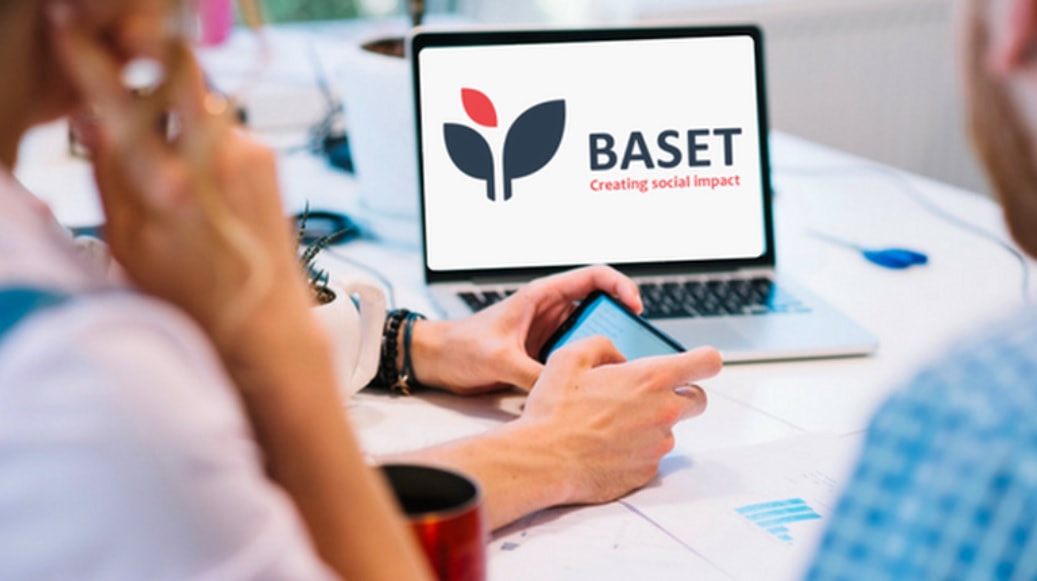
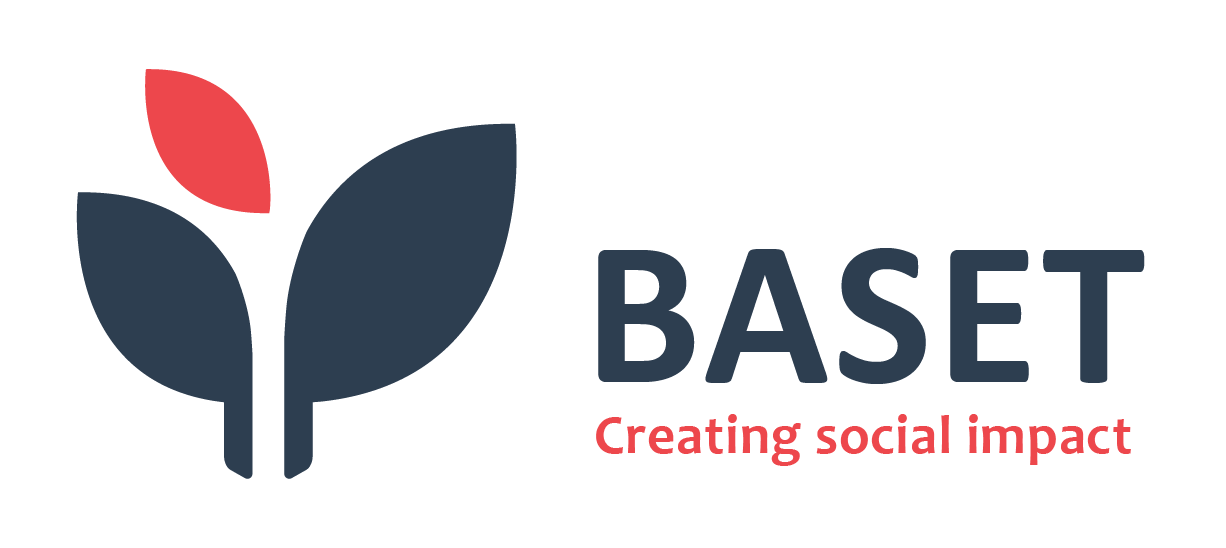




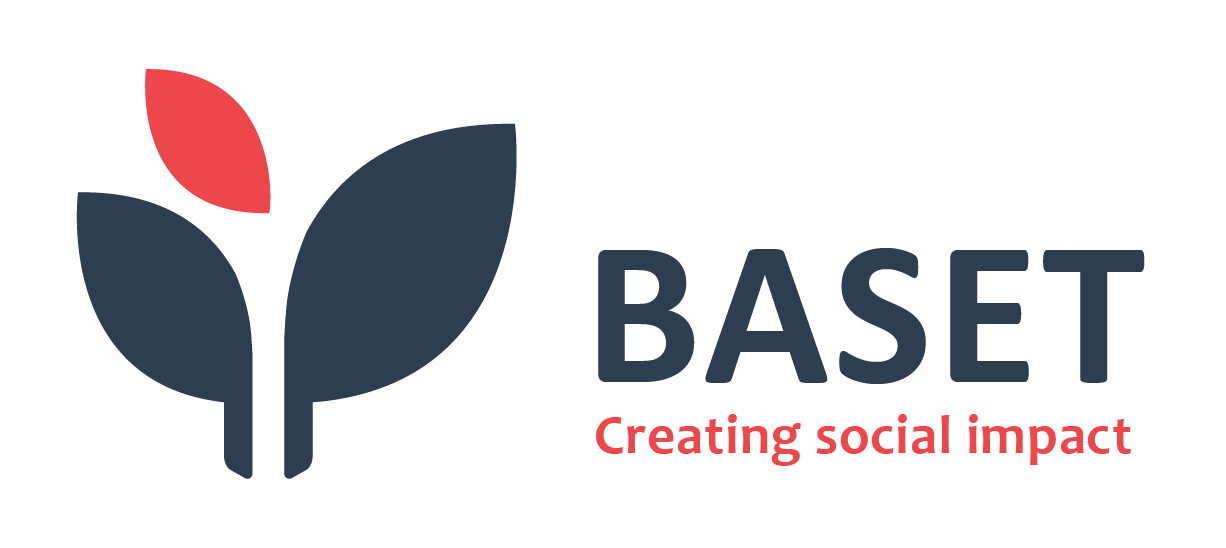

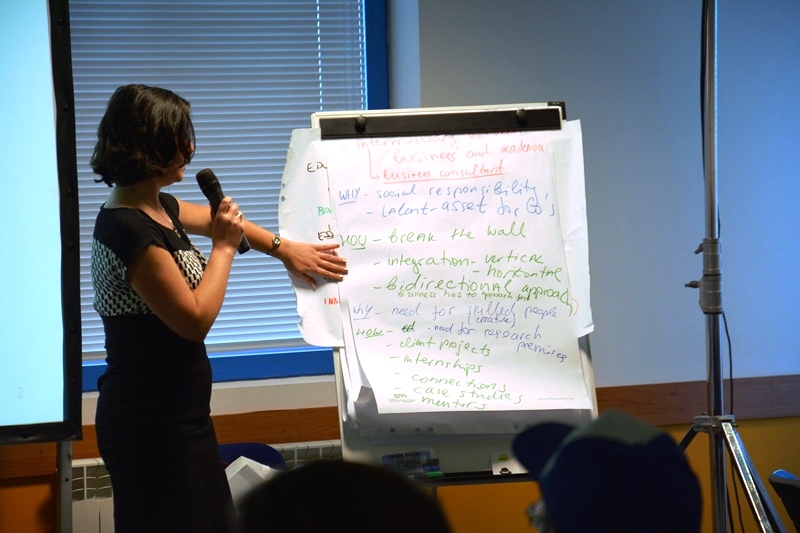
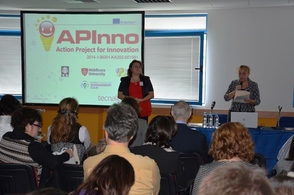
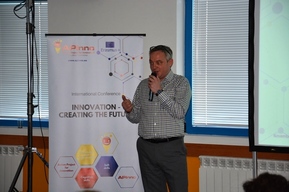
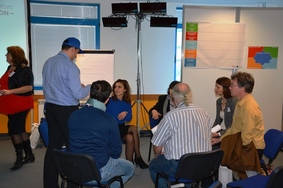
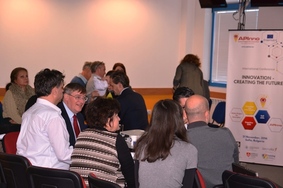
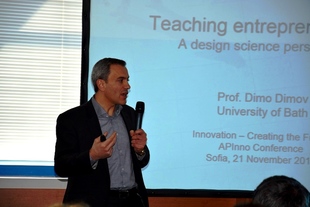
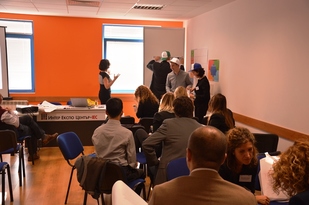
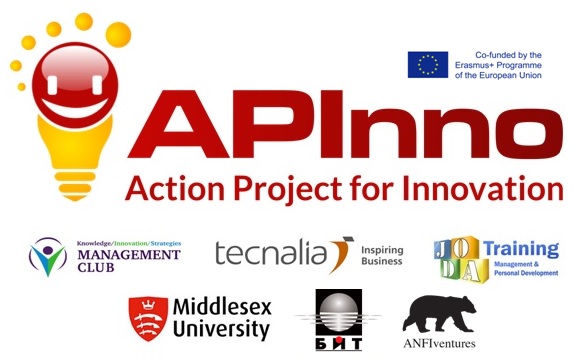
 RSS Feed
RSS Feed